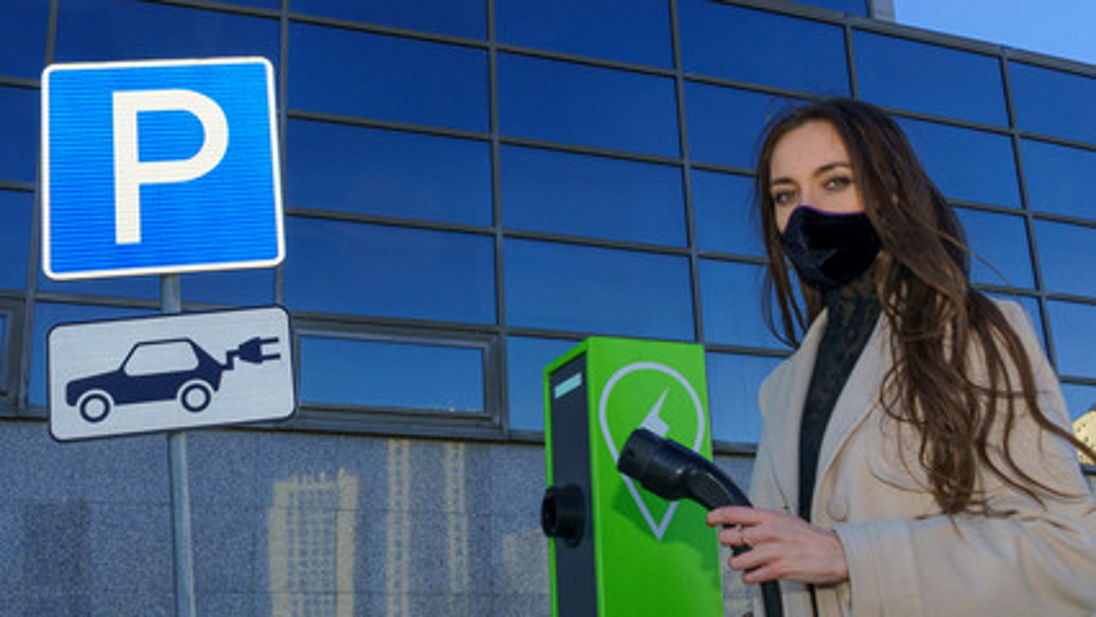
SMART SERVICES IN E-MOBILITY
Gas stations have developed into smart shopping centers; Rewe-To-Go is just one example. Sales are largely generated by supplying drivers, the actual purpose of the gas station has mutated into a beverage and food store. Refueling and car accessories have become secondary places.
OPPORTUNITIES BESIDES PURE NFRASTRUCTURE
What can we learn from this for E-Mobility and the necessary charging infrastructure? Operating a charging station along the traditional lines of a gas station is not profitable and is also boring.
Especially at the beginning of a new technology, we have it in our hands to think differently here directly.
To this end, we have developed 4 innovative hypotheses:
- The development of a charging infrastructure will only be successful if the focus is on the end customer and thus the end customer is also the target customer. The customer’s customer is important.
- Only a small amount of money can be earned with pure charging infrastructure services. Thus, Smart Services in the form of microservices are needed, such as service discounts and the integration of reward systems, accessory discounts from car manufacturers or even insurance around mobility.
- The presence of charging infrastructure at retail outlets can prevent further migration to online retail in the long term and leads to recurring business. It is important to create a clear link between recreational activities and charging infrastructure.
- The construction and operation of charging stations/infrastructure can be fully financed by data-based offers specific to the end customer.
Smart services – digital and data-based services – have multiple effects:
They increase customer satisfaction and loyalty. They accelerate processes and thus reduce costs because information can be transmitted and processed without media disruption. And they open up additional sources of revenue because they generate added value for which customers are willing to pay.